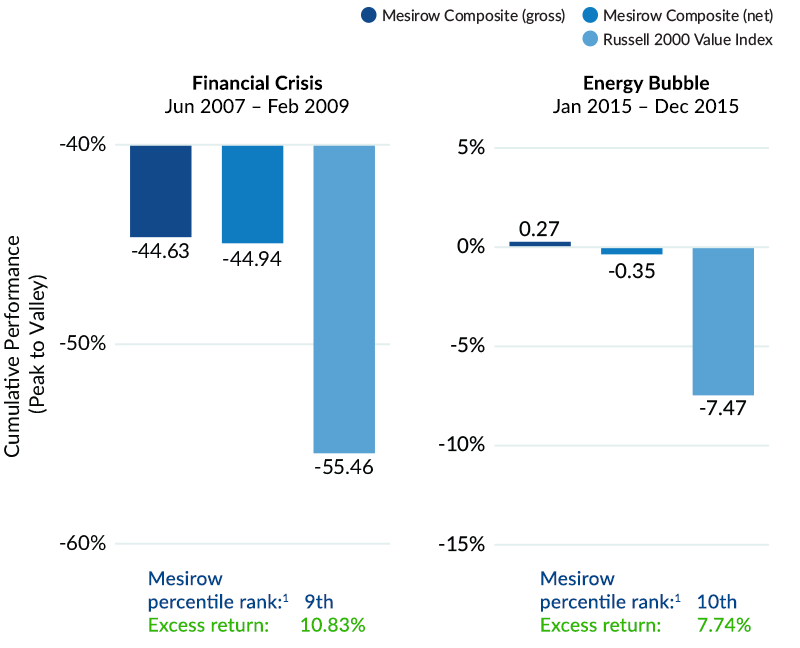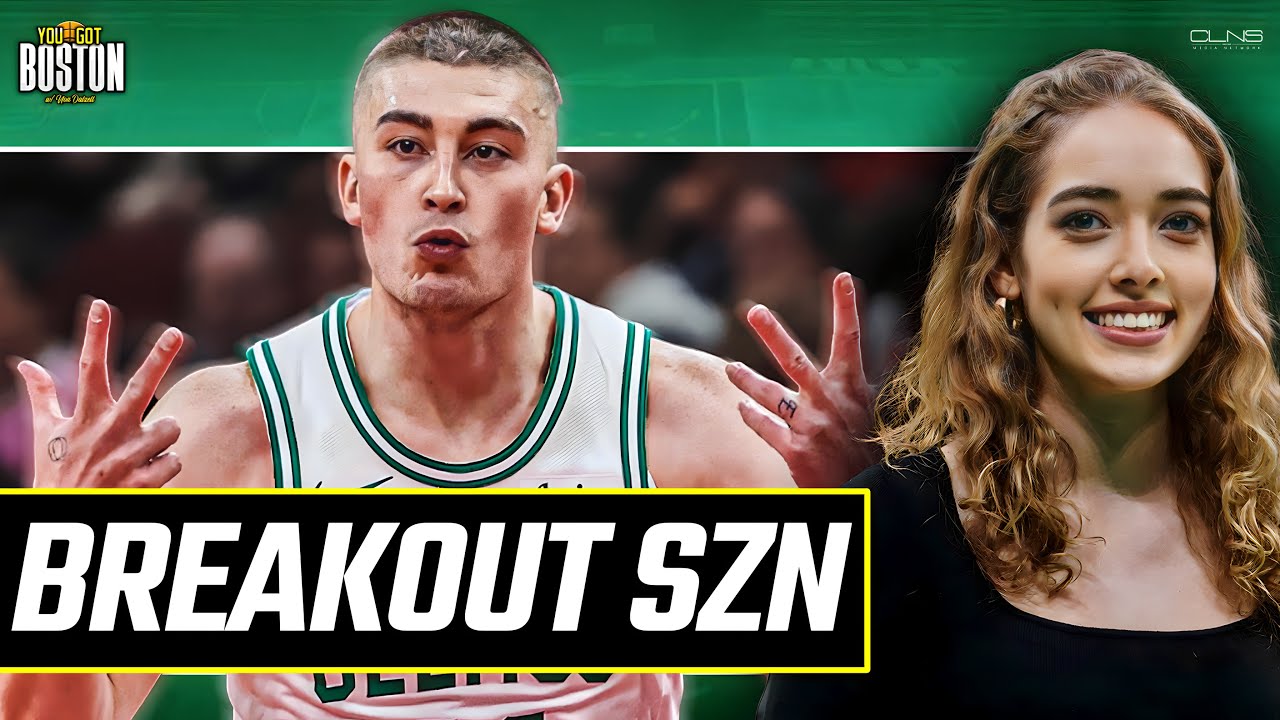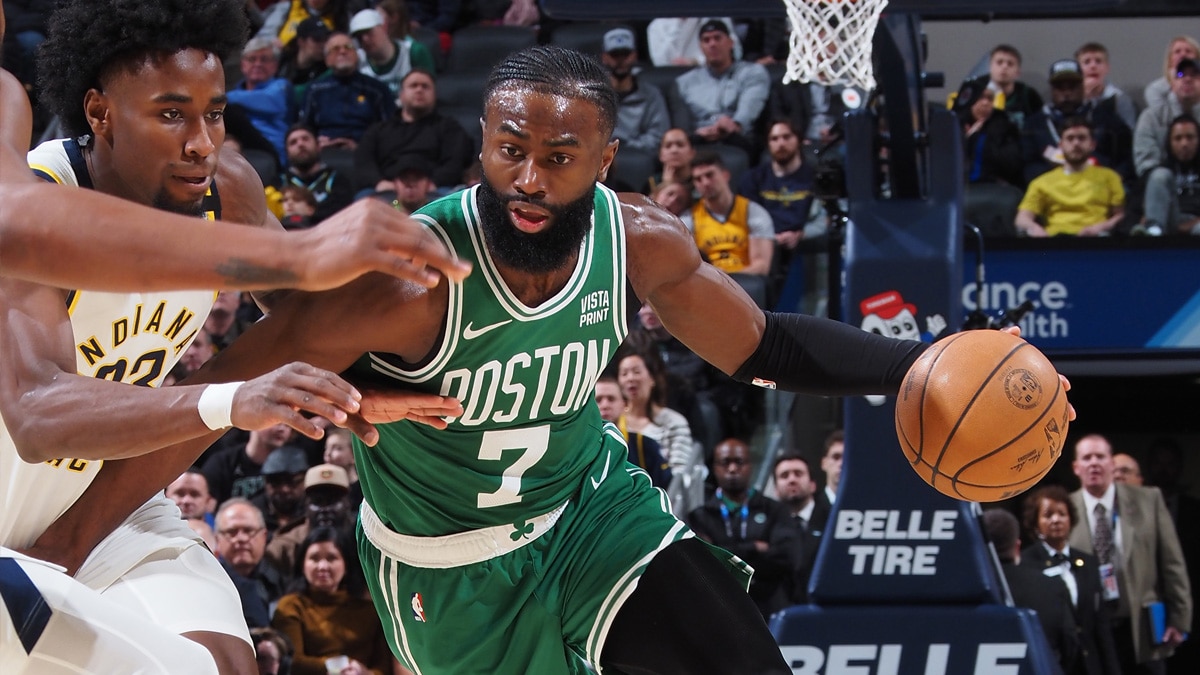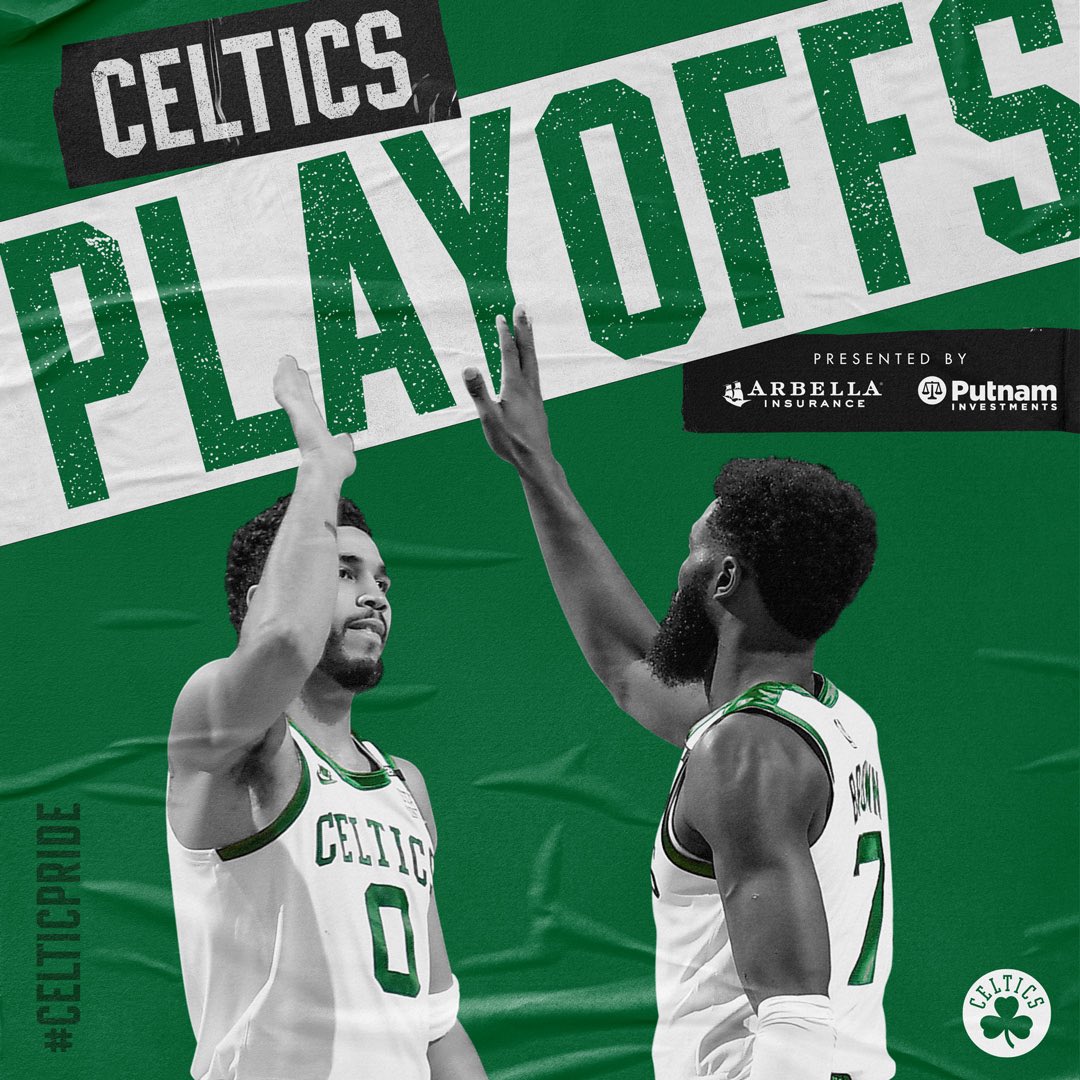FTC Challenges Court Ruling On Microsoft-Activision Merger

Table of Contents
The Court's Decision and the FTC's Appeal
A US District Court judge recently ruled in favor of Microsoft's acquisition of Activision Blizzard, rejecting the FTC's attempt to block the $69 billion deal. The court's decision largely dismissed the FTC's concerns regarding anti-competitive practices and the potential for market dominance. However, the FTC, believing the court erred, has filed an appeal. The FTC's appeal argues that the judge incorrectly assessed the evidence presented regarding the potential for anti-competitive behavior, particularly in the cloud gaming market.
The FTC's core disagreement stems from several key aspects of the court's decision:
- Judge's dismissal of the FTC's concerns regarding Call of Duty exclusivity: The FTC argued that making Call of Duty exclusive to Xbox would harm competition. The court, however, deemed this concern insufficiently substantiated.
- Lack of sufficient evidence presented to support claims of anti-competitive behavior: The FTC argued that the merger would stifle competition and innovation. The court found the evidence presented insufficient to support this assertion.
- FTC's argument focusing on potential harm to competition in the cloud gaming market: The FTC argued the merger would give Microsoft an unfair advantage in the growing cloud gaming market. The court again deemed this argument unconvincing, at least in the context of presented evidence.
The FTC's Arguments and Legal Strategy
The FTC's appeal rests on several legal arguments, aiming to overturn the initial court ruling. They are likely to focus on the potential long-term anti-competitive effects of allowing such a significant merger to proceed unchecked. The FTC's legal strategy likely incorporates:
- Focus on the impact on game developers and smaller competitors: The FTC aims to demonstrate how the merger would limit opportunities for smaller game developers and publishers.
- Highlighting potential consumer harm due to reduced competition and innovation: The argument is that reduced competition will lead to higher prices, less innovation, and fewer choices for gamers.
- Emphasizing the long-term implications of allowing such large mergers: The FTC seeks to set a precedent, arguing that approving this merger would embolden other tech giants to pursue similarly anti-competitive acquisitions.
The FTC will likely cite legal precedents involving other large technology mergers, arguing that this case shares similar characteristics and potential for harm. Their chances of success on appeal are uncertain, as overturning a district court ruling requires demonstrating a clear error in the original judgment.
Implications for the Gaming Industry and Future Mergers
The outcome of the FTC's challenge to the Microsoft-Activision merger will have significant implications for the gaming industry and future mergers and acquisitions in the tech sector. The potential ramifications are far-reaching:
- Setting a precedent for future antitrust cases involving tech giants: The ruling will influence how regulators approach future mergers among major technology companies.
- Impact on the regulatory landscape surrounding gaming industry mergers: It may lead to increased scrutiny of mergers and acquisitions in the gaming industry.
- Potential for increased scrutiny of large technology acquisitions: The FTC's actions send a clear message that large technology acquisitions will be under increased antitrust scrutiny.
The Role of Call of Duty in the FTC's Argument
The FTC's concerns regarding Call of Duty's potential exclusivity are central to their case. The argument revolves around the title's immense popularity and the potential for Microsoft to leverage it to harm competitors by making it exclusive to Xbox consoles and its gaming services. Whether this concern is justified will be a key factor in the appeals court's decision. The potential impact of Call of Duty exclusivity on competitors like PlayStation and other gaming platforms is a significant part of the FTC's arguments.
Conclusion
The FTC's challenge to the Microsoft-Activision merger represents a significant legal battle with wide-ranging implications. The initial court decision sided with Microsoft, dismissing the FTC's concerns about anti-competitive behavior, particularly regarding Call of Duty exclusivity and the cloud gaming market. However, the FTC's appeal highlights crucial questions about the future of mergers and acquisitions in the tech industry and sets a precedent for future antitrust cases. The appeal’s outcome will profoundly impact the gaming industry, potentially influencing game pricing, innovation, and consumer choice.
Call to Action: Stay informed on the developments of the FTC's challenge to the Microsoft-Activision merger. Continue following this case for updates on the ongoing legal battle and its impact on the future of the gaming industry. Follow [Your Website/Source] for the latest on the FTC challenges Microsoft-Activision merger and other crucial antitrust developments.

Featured Posts
-
 Rhlat Tyran Alerbyt Wjht Jdydt Fy Kazakhstan Mn Abwzby
Apr 28, 2025
Rhlat Tyran Alerbyt Wjht Jdydt Fy Kazakhstan Mn Abwzby
Apr 28, 2025 -
 Nascars Bubba Wallace Opens Up About The Realities Of Fatherhood And Racing
Apr 28, 2025
Nascars Bubba Wallace Opens Up About The Realities Of Fatherhood And Racing
Apr 28, 2025 -
 Denise Richards Husband Faces Legal Pressure Creditor Seeks Bank Records
Apr 28, 2025
Denise Richards Husband Faces Legal Pressure Creditor Seeks Bank Records
Apr 28, 2025 -
 From Federal To State Local Employment Navigating The Transition For Laid Off Workers
Apr 28, 2025
From Federal To State Local Employment Navigating The Transition For Laid Off Workers
Apr 28, 2025 -
 Market Downturns Opportunities For Individual Investors
Apr 28, 2025
Market Downturns Opportunities For Individual Investors
Apr 28, 2025
Latest Posts
-
 Payton Pritchards Childhood How Family Ties Fueled His Career Success
May 12, 2025
Payton Pritchards Childhood How Family Ties Fueled His Career Success
May 12, 2025 -
 Payton Pritchards Breakout Season The Details Behind His Success
May 12, 2025
Payton Pritchards Breakout Season The Details Behind His Success
May 12, 2025 -
 Two Unlikely Celtics Reach 40 Points A Historic Night
May 12, 2025
Two Unlikely Celtics Reach 40 Points A Historic Night
May 12, 2025 -
 Boston Celtics Clinch Division A Blowout Victory
May 12, 2025
Boston Celtics Clinch Division A Blowout Victory
May 12, 2025 -
 Pritchards Sixth Man Award Win A Va Heros Moment
May 12, 2025
Pritchards Sixth Man Award Win A Va Heros Moment
May 12, 2025
